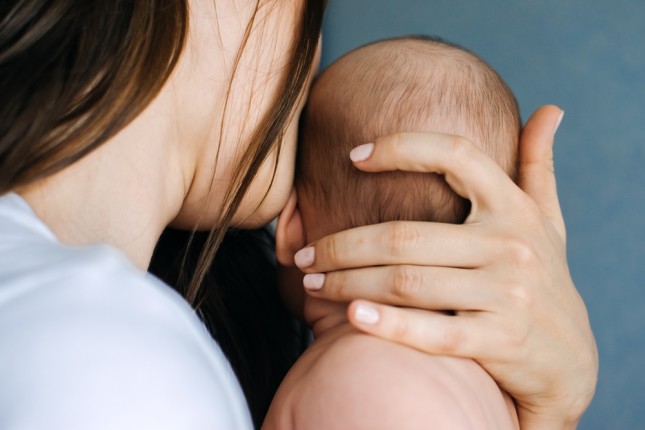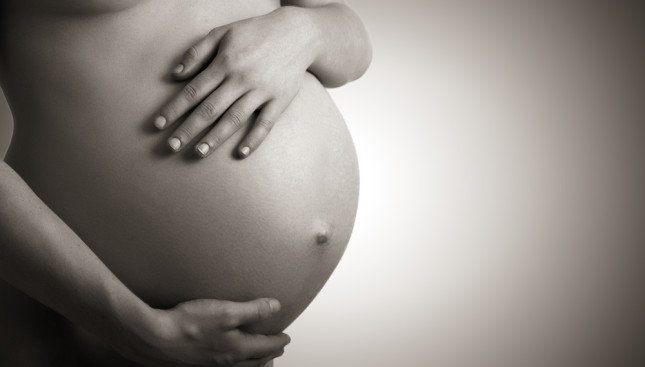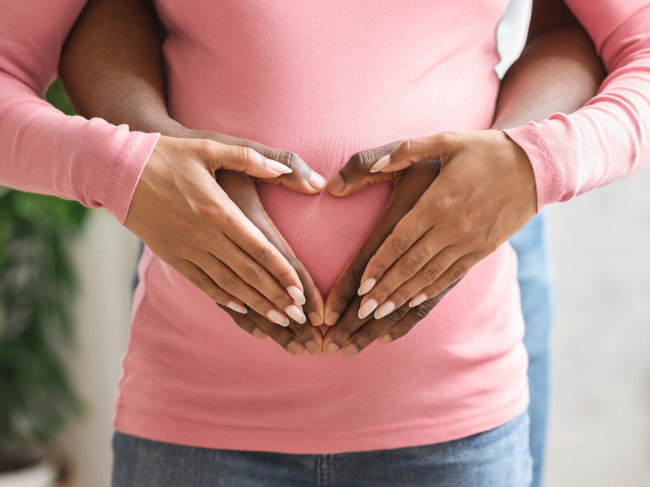-
The U.S. Maternal Mental Health Crisis: Causes and Potential Remedies
›
The United States is in the midst of a maternal mental health crisis. Not only are mental health conditions the most common complication of pregnancy and childbirth, but they are also the leading cause of maternal mortality. Each year, 800,000 families in the United States will be impacted by maternal mental health (MMH) conditions—and 225 new mothers will die by suicide or overdose.
-
Maternal Health and The Pandemic: It’s Not Good News
›
COVID-19 has dealt out a double dose of woe for global maternal health. According to a new report from the Government Accountability Office (GAO), the pandemic saw an increase in maternal deaths and an exacerbation of racial disparities driving this overall morbidity. In addition, childbearing people experienced significant anxiety and depression.
-
Suicide and Overdose: The Leading Causes of Death for New Mothers
›
A new movie — A Mouthful of Air – was released in 800 theaters around the country on Friday, October 29. SPOILER ALERT: The storyline is about maternal depression and suicide.
This is an excellent example of art meeting life.
Mental health conditions – primarily anxiety and depression – are the most common complications of pregnancy and childbirth, affecting 1 in 5 pregnant or postpartum parents. Tragically, suicide and overdose are the leading causes of death for women in the first year following pregnancy.
-
Mental Health Conditions: U.S. Policies and Practice to Address the Most Common Complication of Pregnancy and Childbirth
›
Maternal mental health (MMH) conditions are the most common complication of pregnancy and childbirth, affecting 1 in 5 women or childbearing individuals (800,000 U.S. families each year). Recent studies show that suicide and overdose combined are the leading cause of death for mothers in the first year postpartum, contributing to the distressingly high maternal mortality rate in the United States. Sadly, 75 percent of those experiencing MMH conditions go untreated, increasing the risk of multigenerational, long-term negative impacts on the physical, emotional, and developmental health of both the mother and child. The COVID-19 pandemic has fueled a three-fold increase in the number of pregnant women and new mothers experiencing MMH conditions. Women of color are disproportionately impacted by both the pandemic and MMH conditions, experiencing both at rates 2-3 times higher than white women.
-
Mental Health Conditions Are the Most Common Complication of Pregnancy and Childbirth
›
Having a new baby should be the happiest time in a family’s life.
But it doesn’t always work out that way.
During pregnancy or the first year following pregnancy, 1 in 5 women or childbearing people will experience anxiety or depression. In fact, mental health issues are the most common complication of pregnancy and childbirth, turning joy into sadness, loneliness, confusion, regret, and guilt.
I experienced postpartum depression and anxiety after my son was born 20 years ago. We had a very scary emergency C-section. He refused to take a bottle, and I was exhausted and overwhelmed as I struggled to care for a newborn and a toddler. I told my husband I wanted a divorce and ran away from home, truly believing my family would be better off without me. It took almost six months to find the help I needed.
Showing posts by Adrienne Griffen.








